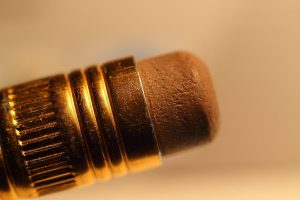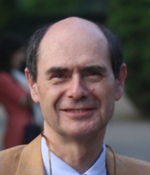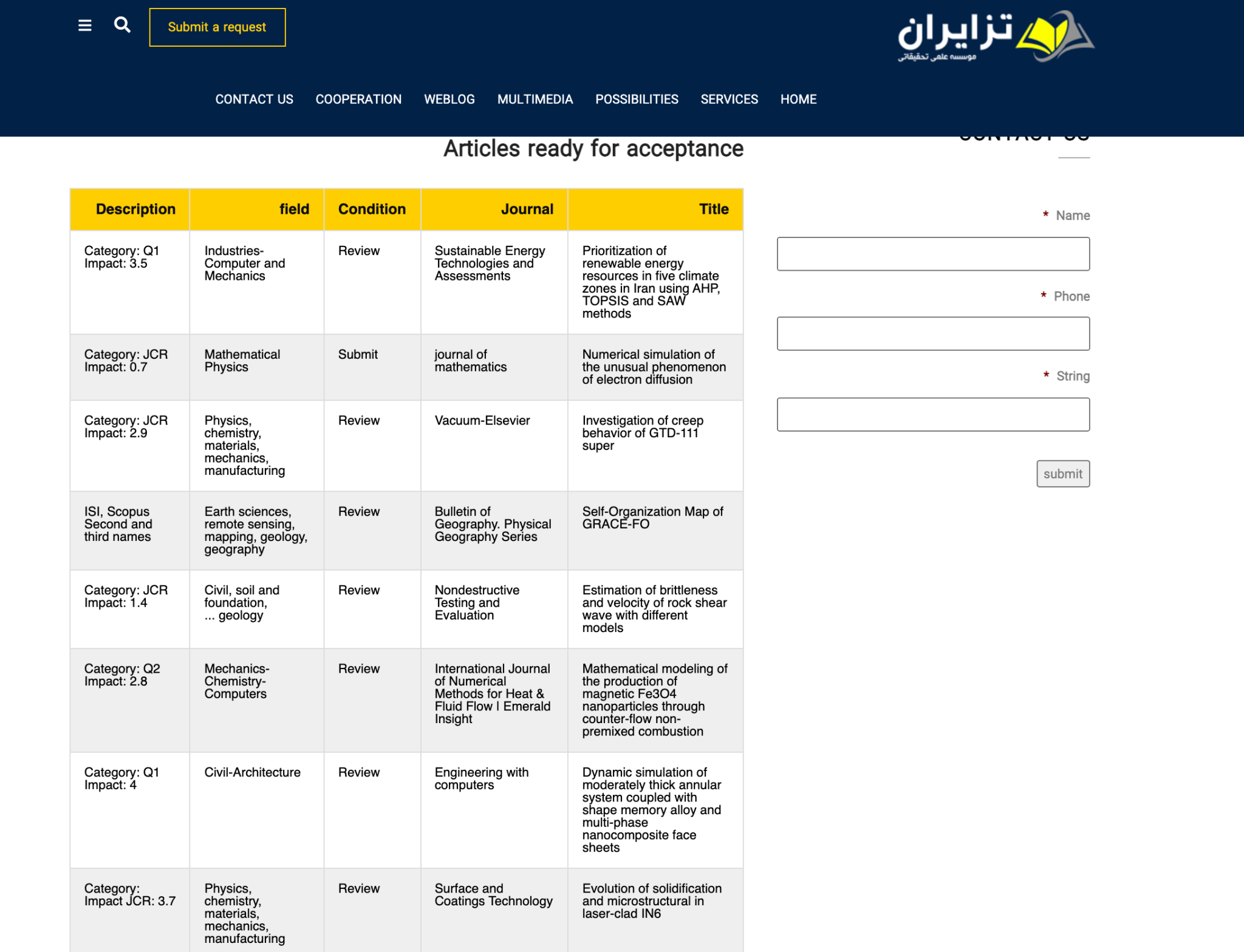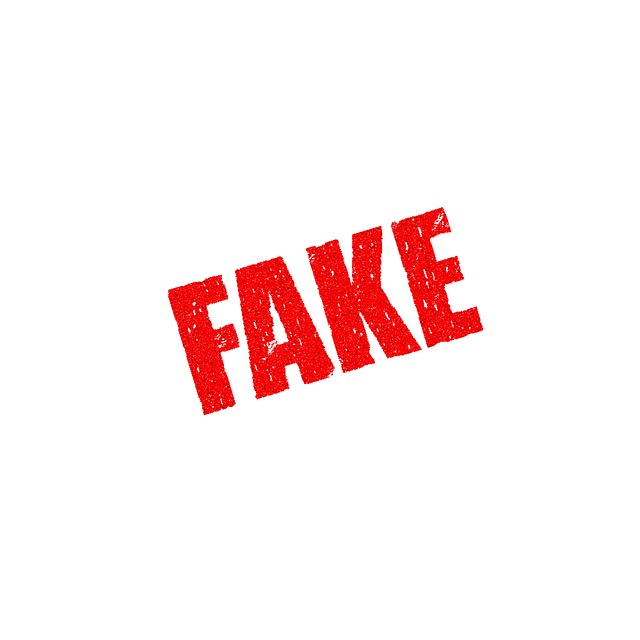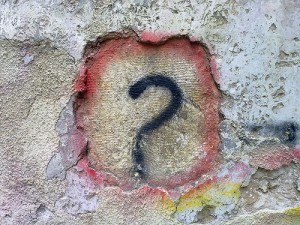
Talk about artificial intelligence. Fifteen studies published in various journals name a mysterious computer scientist as an author.
The problem? He doesn’t seem to exist.
Dragan Rodriguez is listed as being affiliated with Case Western Reserve University, but an official at the Cleveland institution told a sleuth no one of that name has been associated with the university.
The studies on which Rodriguez’s name appears range in topic from cancer detection to “renewable energy systems optimization.” The papers were published since 2018 in 10 journals from four major scientific publishers since 2018, including the International Journal of Hydrogen Energy and the Journal of Building Engineering, which have both historically had impact factors above 7, and Applied Energy, whose impact factor has been above 11. They have been cited a total of 232 times.
Continue reading Who are you, Dragan Rodriguez? Fifteen studies have the same fake author, sleuth finds
